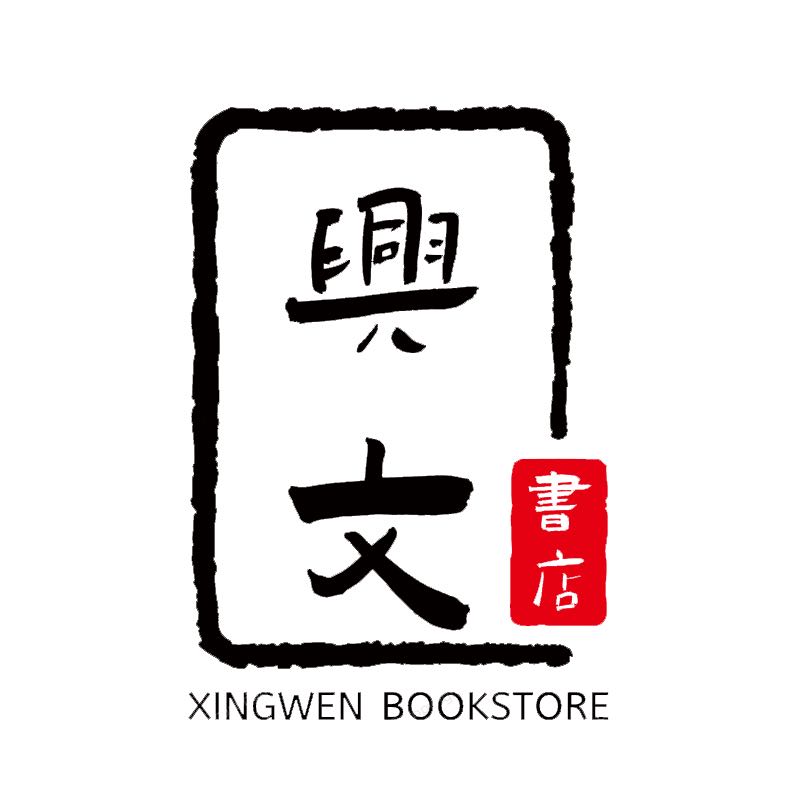
生命之轮
正版保障 假一赔十 可开发票
¥ 153.76 7.8折 ¥ 198 全新
库存3件
广东广州
认证卖家担保交易快速发货售后保障
作者Michael E Marchand, Kristiina
出版社高等教育出版社
ISBN9787040515343
出版时间2019-04
装帧平装
开本16开
定价198元
货号27862974
上书时间2024-10-31
- 最新上架
商品详情
- 品相描述:全新
- 商品描述
-
导语摘要
生态环境在不断恶化,土地、水、物种和空气的健康状况正在下降。但是西方科学在环境保护方面有一定的局限性,其使用的监测工具对于局部环境中发生的变化并不敏感,而且科学家与决策者也不应单独做出与生态环境相关的决策。土著部落是依赖自然资源的群体,处于遭受气候变化影响的前沿。他们拥有几千年的历史,与自然和谐相处,形成整体的自然知识。西方科学方法是线性的,但是决策者的思维框架需要像轮辐式的轮子那样,更加全面、系统地考虑问题和做出决策。这就要求在环境评估时,应将土著知识与西方科学结合起来,建立一种更有效地定义和管理环境问题的整体方法。本书共9章,不仅介绍了大量美国土著人民日常生活中的文化与生态智慧,更重要的是通过访谈的形式,揭示了土著文化与西方科学之间的差异以及两种文化相互融合、和谐共处的方法。
目录
Chapter I Indigenous Knowledge Framework and the Medicine Wheel
1.1 Bighorn Medicine Wheel Story
1.2 The Medicine Wheel: Non-linear Knowledge-forming Process
Chapter II What Is Needed to be a "Leader without Borders" ?
2.1 My People's 9,400 Year Ancestral History
2.2 Becoming a "Leader without Borders": Interview of Dr. Mike Marchand
Chapter III How Do You Become "Cultured"?
3.1 Western European Culture: You Live it, You Wear it and You Eat it
3.2 Culture According to Indigenous People
3.2.1 Cultural Resources Defined by Tribes
3.2.2 What Is a Cultural Resource?
3.3 Keeping Deep Culture in Two Worlds: Interview of Dr. Mike Tulee
3.4 Culture Defined by Nation-Level Melting Pots
3.5 Tribal Peoples' Cultural Context: Interview of JD Tovey
3.6 Cultural Foods and Food Security
3.6.1 Loss of Food Security: Chemical Contamination
3.6.2 Loss of Huckleberries and Tribal Culture: Interview of JD Tovey
3.6.3 Skokomish Litigation for Rights to Hunt by Indian Tribes
3.7 Holistic Nature Knowledge not Decoupled from Nature and Religion
3.8 Languages and Indigenous People
3.9 What Is Your Real Name? Dr. Mikes Wolverine Encounter
3.10 Sports and Games Invented by American Indians
Chapter IV Western Science Indigenous Forms of Knowledge
4.1 Knowledge-forming Processes: Western Science Indigenous Ways of Knowing
4.2 How Knowledge Frameworks Address Scarcity of Land or Lack of Knowledge
4.3 The Challenge of Culture for Western Scientists
4.4 Traditional Knowledge: Native Ways of Knowing
4.4.1 How Indigenous People Form Knowledge
4.4.2 Indigenous Ecological and Spiritual Consciousness
4.4.3 Ecological Calendars in Nature Literacy
4.5 Juxtaposition of Western and Traditional Knowledge
4.6 Who Are Trusted for Their Science Knowledge?
4.6.1 How Citizens of the Western World Get Their FACTS
4.6.2 How Native Americans Get Western Science FACTS
4.7 Women's Role in Passing Indigenous Knowledge Inter-Generationally: Interview of JD Tovey
4.8 Role of Environmental Economics in Environmental Justice
4.8.1 Natural Capital versus Cultural Values
4.8.2 Makah Tribe's Cultural Revitalization: Whaling
4.8.3 Lower Elwha Klallam Tribe's Dam Removal
4.8.4 Restructuring Environmental Economics to be More Inclusive of Environmental Justice
4.8.5 Special Acknowledgements --
Chapter V Forestry Lens: Culture-based Planning and Dealing with Climate Change
5.1 PNW U.S. Tribes and Leadership in Climate Change Planning
5.2 Tribes, Tribal Resources and Forest Losses
5.2.1 Historical Loss: Manifest Destiny and Loss of Forests
5.2.2 Fire Cause Loss of Forests, Cultural Resources and Timber from a Shrinking Land Base
5.3 Today Better Forest Management on Tribal Lands Compared to Their Neighbors
5.3.1 Good Tribal Forestry under Federally Mandated Assessments (IFMAT): Interview of Dr. John Gordon
5.3.2 Tribal Forestland Management: A Growing Force in the PNW U.S.
5.4 Realities in Developing Resources on Reservations
内容摘要
生态环境在不断恶化,土地、水、物种和空气的健康状况正在下降。但是西方科学在环境保护方面有一定的局限性,其使用的监测工具对于局部环境中发生的变化并不敏感,而且科学家与决策者也不应单独做出与生态环境相关的决策。土著部落是依赖自然资源的群体,处于遭受气候变化影响的前沿。他们拥有几千年的历史,与自然和谐相处,形成整体的自然知识。西方科学方法是线性的,但是决策者的思维框架需要像轮辐式的轮子那样,更加全面、系统地考虑问题和做出决策。这就要求在环境评估时,应将土著知识与西方科学结合起来,建立一种更有效地定义和管理环境问题的整体方法。本书共9章,不仅介绍了大量美国土著人民日常生活中的文化与生态智慧,更重要的是通过访谈的形式,揭示了土著文化与西方科学之间的差异以及两种文化相互融合、和谐共处的方法。
— 没有更多了 —












以下为对购买帮助不大的评价